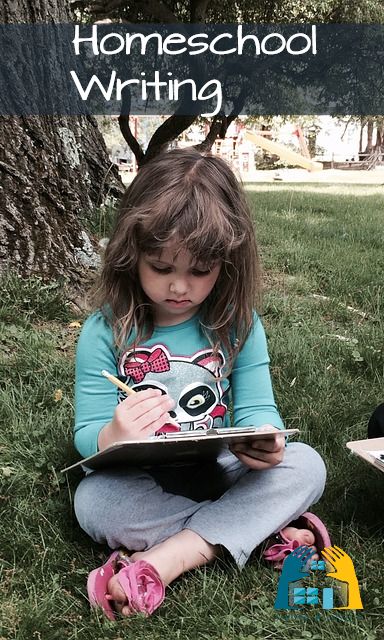Crafting Prose: Home Schooling Writing Mastery

Crafting Prose: Home Schooling Writing Mastery
Home schooling provides a unique opportunity to nurture and develop writing skills in a personalized and focused environment. This article explores effective strategies for honing writing skills in home-schooled students, emphasizing the importance of creativity, structure, and continuous improvement.
Fostering a Love for Writing:
The foundation of excellent writing is a genuine love for the craft. Home-schooled students benefit from an environment that encourages creativity and self-expression. Parents can instill a passion for writing by exposing their children to various genres, authors, and writing styles, making writing an enjoyable and fulfilling endeavor.
Home Schooling Writing Skills – A Hub for Resources:
For a wealth of resources and insights on nurturing writing skills in home schooling, visit Home Schooling Writing Skills. This online hub offers articles, tips, and a supportive community for parents guiding their children on the path to writing mastery.
Encouraging Frequent Writing Practice:
Consistent practice is fundamental to improving writing skills. Home-schooling parents can create a routine that includes dedicated writing time. Encouraging daily journaling, creative writing exercises, or even maintaining a blog provides opportunities for students to hone their writing abilities and develop a disciplined writing routine.
Teaching Structure and Organization:
Effective writing is not just about creativity; it also requires structure and organization. Home-schooled students benefit from learning how to structure their writing, including the use of introductions, body paragraphs, and conclusions. Understanding the organization of different types of writing, from essays to stories, enhances overall writing proficiency.
Incorporating Grammar and Language Skills:
A solid grasp of grammar and language skills is essential for effective communication through writing. Home-schooling parents can integrate grammar lessons into the curriculum, focusing on proper sentence structure, punctuation, and vocabulary. Mastery of these foundational elements contributes to clear and articulate writing.
Home Schooling Writing Skills – Nurturing Creativity:
Nurturing creativity is a cornerstone of home schooling writing skills. Parents can encourage their children to explore their imagination through writing prompts, storytelling, and imaginative exercises. Allowing the freedom to express ideas fosters creativity and helps students develop their unique writing voice.
Providing Constructive Feedback:
Constructive feedback is a valuable tool for writing improvement. Home-schooled students benefit from receiving thoughtful critiques from their parents. Highlighting strengths and offering constructive suggestions for improvement helps students refine their writing skills and build confidence in their abilities.
Utilizing Technology for Writing Enhancement:
Incorporating technology enhances the writing experience for home-schooled students. Writing tools, online writing communities, and word processing software provide platforms for collaborative writing and exposure to a broader audience. Technology also allows students to experiment with multimedia elements in their writing.
Encouraging Reading as a Writing Catalyst:
Reading is a powerful catalyst for improving writing skills. Home-schooled students should be encouraged to read extensively in various genres. Exposure to different writing styles, perspectives, and literary techniques enriches their own writing and broadens their understanding of effective communication through written language.
Showcasing Writing Achievements:
Celebrating writing achievements is an important aspect of nurturing writing skills. Home-schooling parents can





